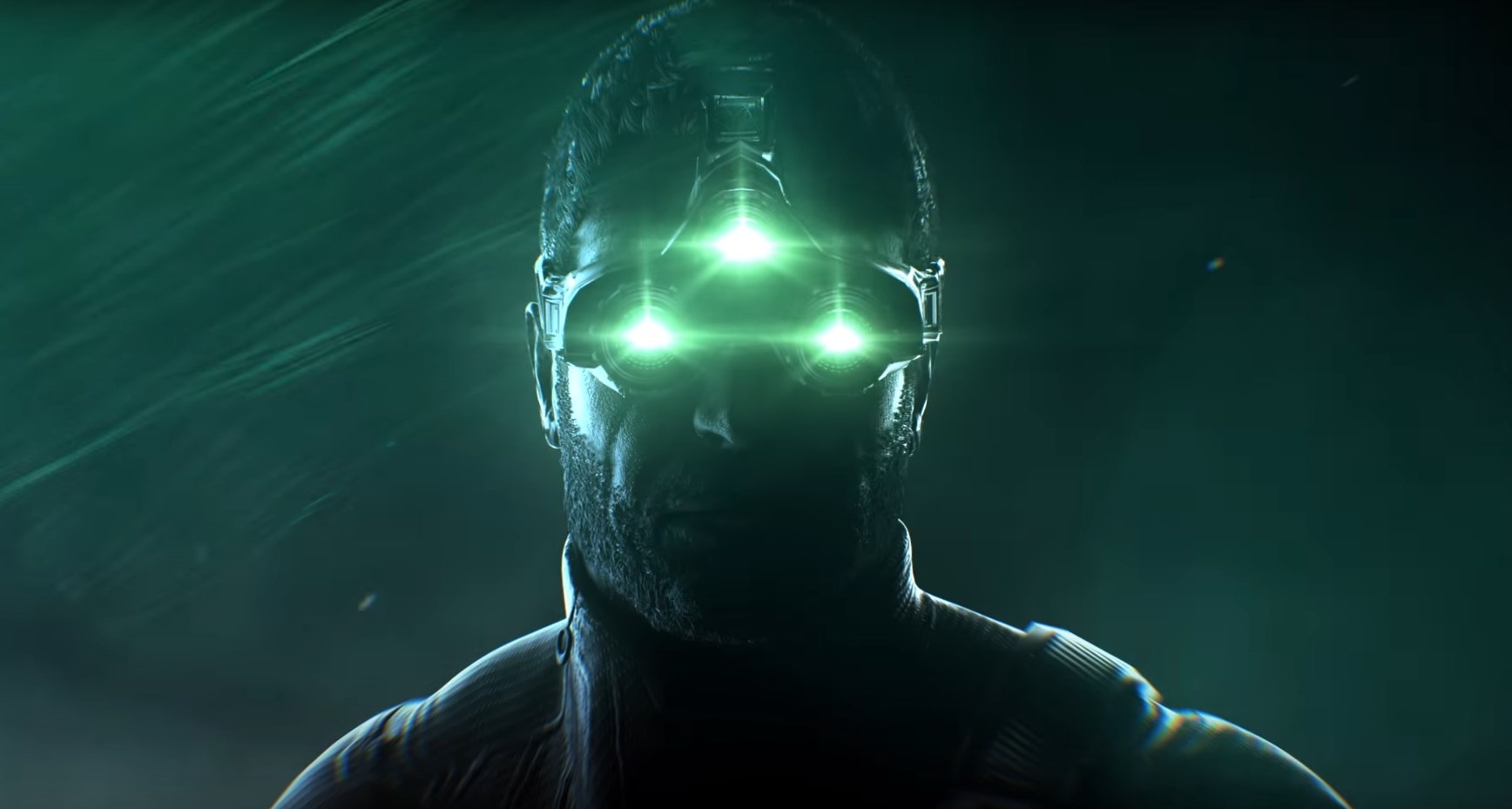
Ubisoft has finally broken its silence regarding the Splinter Cell series, and while it’s not exactly good news, there is a glimmer of hope that we might see another game.
In an interview with Game Informer, Ubisoft’s Chief Creative Officer Serge Hascoet briefly commented on the current status of both games.
“I love Splinter Cell. I love Prince of Persia. I can't disclose any information at this time, but I can say we are fighting for resources. It's not a question of will, it's a question of means.”
What exactly this means is unclear, but Ubisoft is a large company, and so getting a project up and running likely requires a bunch of approval processes and sourcing a lot of funding. With the current market so dominated by massive, open-world games, finding a space in which Splinter Cell's more narrowly tailored stealth fits into that might be proving difficult.
Indeed, the last time we saw Sam Fisher in his own game was way back in 2013, in the decent if rather nasty Splinter Cell: Blacklist. Sam in particular seemed to have lost his fatherly charm compared to when he was portrayed by Michael Ironside. The game itself was pretty good, however, an interesting combination of classic Splinter-Cell stealth and the Conviction-esque action inspired by the Bourne series of films.
Since then, however, the only time we’ve seen Sam Fisher was in a cameo for last year’s mediocre Ghost Recon: Wildlands. Prince of Persia has been lost in the desert for even longer, last seen in 2010 game The Forgotten Sands.
The interview with Hascoet also revealed a couple of other interesting nuggets regarding Ubisoft’s future plans. Ubisoft want to add multiplayer to the news, post-Origins breed of Assassin’s Creed games: “Assassin’s Creed has no multiplayer mode, and that is very important for the social aspect of gaming, so we are looking for that,” he said.
Keep up to date with the most important stories and the best deals, as picked by the PC Gamer team.
In addition, he discussed Ubisoft’s desire to move away from cutscenes when telling stories in games. “In games, you should be always an actor. If you want to be a spectator, it should still be a player decision. The games shouldn’t decide for you. We need to give this kind of freedom to the player. Fewer cutscenes is a good direction, but what will be the best will be when the player won't be in front of a cinematic if they don't want to be.”
The full interview with Hascoet is here. Let’s hope that fight for resources proves successful.
Rick has been fascinated by PC gaming since he was seven years old, when he used to sneak into his dad's home office for covert sessions of Doom. He grew up on a diet of similarly unsuitable games, with favourites including Quake, Thief, Half-Life and Deus Ex. Between 2013 and 2022, Rick was games editor of Custom PC magazine and associated website bit-tech.net. But he's always kept one foot in freelance games journalism, writing for publications like Edge, Eurogamer, the Guardian and, naturally, PC Gamer. While he'll play anything that can be controlled with a keyboard and mouse, he has a particular passion for first-person shooters and immersive sims.

